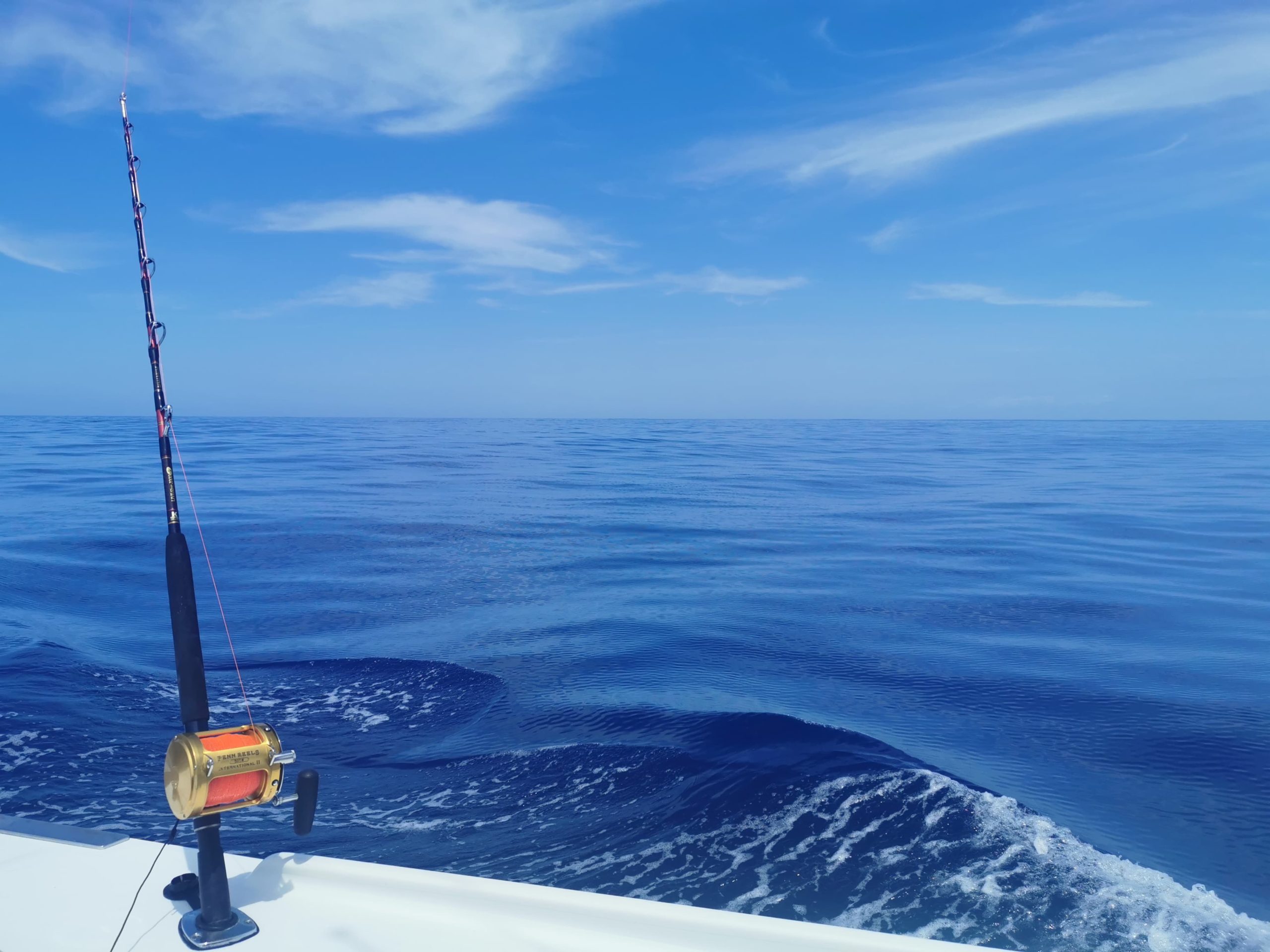FAQs
All FAQs |
Customary Fisheries | Fisheries Management | maximum sustainable yield | QMS | Economics | Fishing | Rescue Fish | Environment | Fishing methods | Recreational Fishing | Fishcare | customary | Kahawai | Reform scam | Baitfish | Scallops | Crayfish | WRC decision | Marlin | Reef fish | Deemed value penalties
October 21, 2025
Earlier in 2025, the Minister for Oceans and Fisheries, Shane Jones announced that he will not progress proposals to restrict destructive fishing methods including bottom trawling within the Hauraki Gulf Marine Park. A lack of action from the central government led the Waikato Regional Council to look for solutions within their control under the Resource ... Read more.
September 16, 2025
In 2016, scientists first described crayfish in the Hauraki Gulf as “functionally extinct”. This means that because there are so few crayfish in the marine ecosystem, crayfish can no longer play their vital role in the ecosystem. Part of their role includes predating on kina (sea urchins) and contributing to the health of rocky reefs.
September 16, 2025
In 2024, more than 2,592,000 kilos of red rock lobster were exported chilled, live to China. That’s more than 99.9% of the total rock lobster exported. Source – Seafood New Zealand, Export Statistics. January-December 2024. Page 104
September 16, 2025
The depletion of crayfish is the direct result of catch limits being set too high for too long, allowing more crayfish to be taken than the fishery could sustain. The catch limits that have been set were driven by flawed, inaccurate science that falsely informed officials and previous fisheries Ministers that the fishery was in ... Read more.
September 1, 2025
The Crown has mismanaged the scallop fishery. In March 2023 the Minister for Oceans and Fisheries reduced the Total Allowable Commercial Catch (TACC) in the Coromandel scallop fishery to zero. Now, no quota owner, including any entity that holds Settlement quota, is making any money from their shares in this fishery. The restoration plan provides ... Read more.
September 1, 2025
The community-led restoration plan enables the use of alternative harvesting methods for scallops such as hand gathering. Hand gathering is more selective and has much less environmental impact compared to dredging. Hand-gathering would also reduce the risk of spreading invasive species such as exotic Caulerpa.
September 1, 2025
In October 2024, Fisheries NZ conducted a camera and dredge survey to estimate scallop abundance across key scallop beds in the Coromandel scallop fishery. The survey findings provided evidence of some localised scallop population recovery since the last surveys in 2021 in Eastern Coromandel and in Whangarei Harbour, but there was no evidence of recovery ... Read more.
September 1, 2025
It is dependent as to whether Fisheries NZ and the Minister for Oceans and Fisheries support the community-led restoration plan. If it’s agreed upon by all stakeholders, the Plan would be implemented as soon as possible, so once the fishery recovers, there is a clear pathway in place to allow for sustainable harvest of scallops.
July 18, 2025
Recreational fishers typically catch less than 5% of the total amount of fish caught annually from commercial fishers in New Zealand. This figure can slightly differ year by year. For example in 2023, recreational fishers took home less than 2% of the total fish caught by commercial fishers. Sources: 2022-23 National Panel Survey 2017-18 National ... Read more.
July 18, 2025
According the the 2022-23 National Panel Survey, the most popular take-home species that Kiwis catch within our coastal fisheries are snapper, kahawai, blue cod and red gurnard. 2022-23 National Panel Survey

